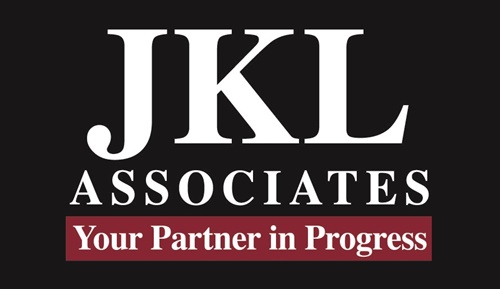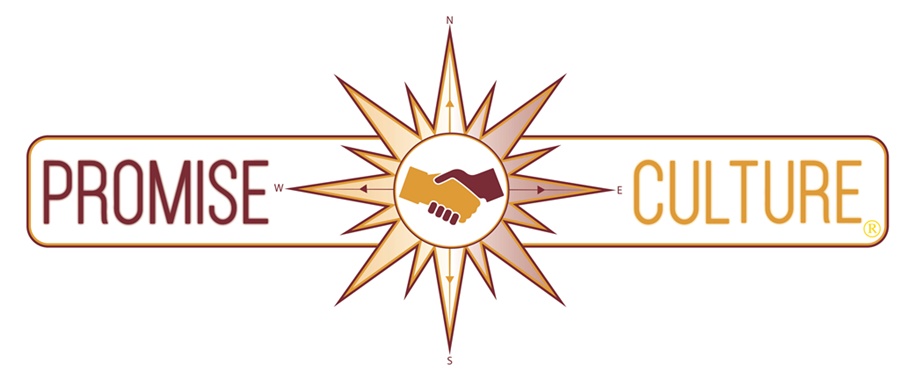The typical course of a business owner is the startup or purchase of a business, its growth, development, and maturing, and then its eventual separation and perpetuation or exit from the business world. This rather simplified string of events is just plain not that simple or easy. Each phase of this journey is filled with great days of exuberance and horrible days of perceived failure and ruin.
Exit strategy planning is not just for retiring ownersRead More »











